In my practice, I talk often about the importance of meeting people where they are. Whether it is a parent with a child, a partner in a couple, or even a friend, the way we respond to someone’s emotions has a huge impact on how safe they feel with us.
So often, we want to make things better. We try to cheer someone up, offer solutions, or reassure them that everything will be fine. Sometimes we even brush their feelings aside because they are uncomfortable for us to sit with. But when someone is hurting, stressed, or overwhelmed, the strongest response we can give is presence. Meeting someone where they are means slowing down enough to notice what they are experiencing without trying to change it.
It can sound like:
- “That sounds really hard.”
- “I can see how much this matters to you.”
- “I am here with you.”
When you meet someone where they are, you are saying, I see you. I hear you. You do not have to be anywhere else right now. That message has a way of softening defenses and creating safety. When people feel safe, they naturally begin to move, heal, or open up on their own.
I see this with parents and younger children. A child who is upset and hears, “Don’t cry, it’s not a big deal,” often feels dismissed. But when the parent kneels down and says, “You’re really sad right now. I get it,” the child feels understood. That connection changes everything.
It is just as true with teens or adult children. A teenager who comes home frustrated and hears, “It’s not that serious, you’ll get over it,” may shut down. But if a parent responds with, “I can tell this is weighing on you. Want to talk about it?” the door opens. With adult children, it can mean resisting the urge to offer advice right away and instead saying, “This sounds really complicated for you. I want to understand more.” The willingness to meet them in their experience creates trust and space for honest relationship.
I think of a client who came to session exhausted after weeks of tension with her teenage daughter. She said, “I don’t know what to do anymore. Every time I try to tell her she’s overreacting, she explodes.” As we talked, she realized that her daughter did not need fixing, she needed to feel understood. The next time her daughter came to her in tears, instead of trying to calm her down, she simply said, “I can see you’re really upset. I’m here.” Her daughter melted into her arms, and for the first time in weeks they had a genuine conversation. Nothing got solved in that moment, but the safety created by being seen opened the door for healing.
In couples, the same principle applies. Meeting your partner in their stress does not mean agreeing with every detail or solving their problem. It means honoring their inner world for a moment. When you do, you may notice they become more open to hearing your perspective later, because they first received the gift of being understood.
Meeting people where they are does not mean losing your voice or ignoring your needs. It means beginning with presence before action. That shift, from fixing to witnessing, is where real connection and healing take place.











